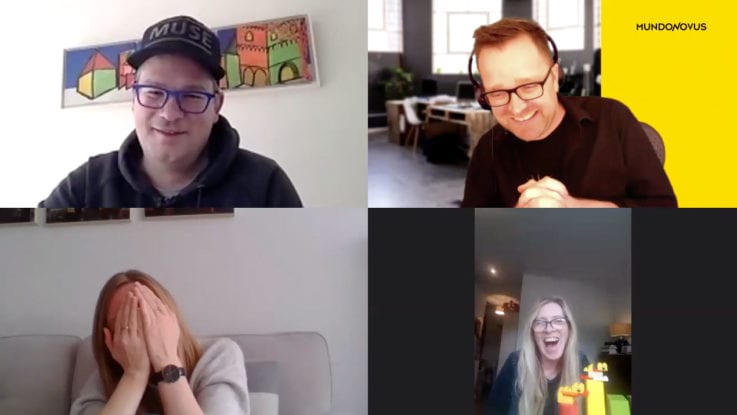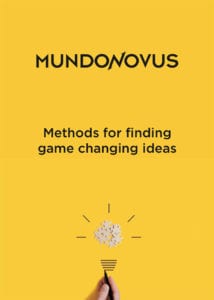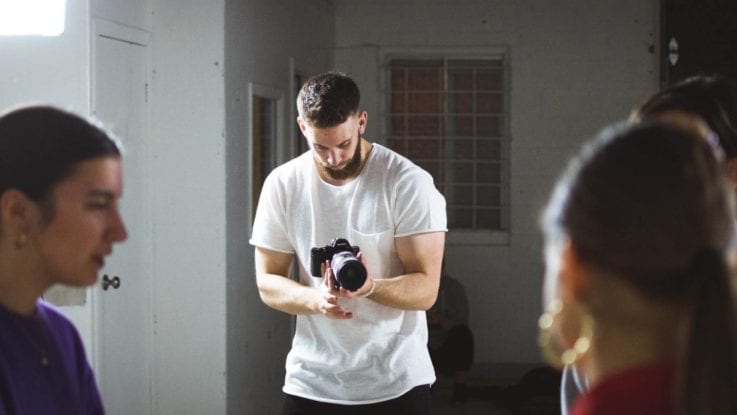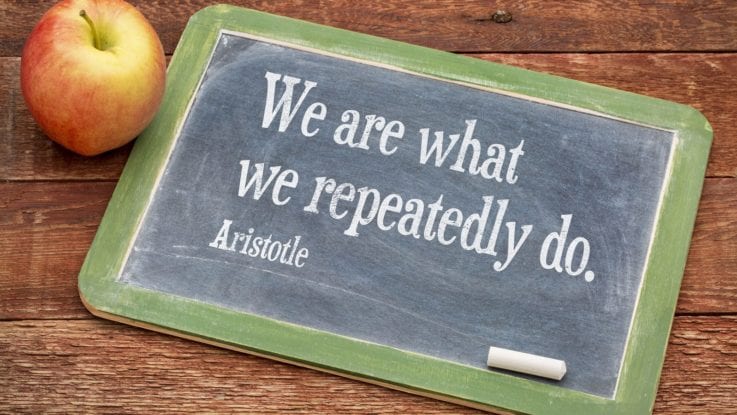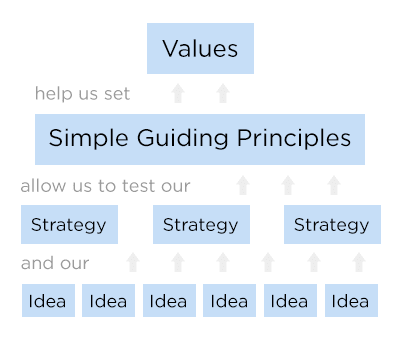What does it take for a team to perform optimally?
For teams to perform at their best they need to trust one another and that is something that takes time to be built and can so easily be destroyed.
I wanted to look at how top-performing teams can push their work into areas that are outstanding and even exceptional. It seems that trust is the key.
Who do you look to as a creative genius?
Do you consider Picasso a creative genius? What about Thomas Edison, Alan Turing, Georgia O’Keefe, Elon Musk, Stevie Wonder, Miles Davis, Banksy, Elizabeth Gilbert? I admire these people for what they have achieved, some more than others. But, I’m reticent to cite anyone as a creative genius on their own as it builds a cult of individualism around creativity and I don’t think that is a true reflection of where real creative thinking comes from.
The best way to find out if you can trust somebody is to trust them.
– Ernest Hemingway – Writer (1899 – 1961)
My candidate for the title creative genius
I’m a rugby union fan and because of my father’s influence, I am a Leinster and Ireland supporter. This means I worship the legendary centre who played for both of these teams, Brian O’Driscoll. Now, Brian O’Driscoll, or BOD as he is often known, is lauded as one of the greatest centres to play the game due to the beautifully creative mindset he brought to the game (BOD is retired since 2014). There are many videos on Youtube that show BOD’s genius in action such as this one: https://www.youtube.com/watch?v=lcFgM4-_V5Y.
The reason I mention O’Driscoll in this post is that he exemplifies trust in his teammates and this goes a long way towards my view of him being a genius of creative play. Take a look at this “no-look” pass (or blind pass) where he trusts his teammate to be in the correct place in order to make his quick thinking work to the advantage of the team.
The death of the super chickens
Margaret Heffernan, in both her talk “Forget about the pecking order at work” and her book Beyond Measure, lays out the problem we have in our organisations. We are most likely to find practices that can work against our purpose. We might find that we have a culture of competitiveness or secrecy. It is hardly surprising. Our society puts us all into direct competition with one another to go to the right school, get the best grades, rise to the top.
We celebrate the individual when we should celebrate the work of everyone in our organisation and encourage each person by listening to them and trusting them.
As for the super chickens, watch the talk to find out what happened to them:
Nobody wins unless everybody wins
– Randy Papadellis – CEO of Ocean Spray
So how do we build this culture of trust?
At MundoNovus we facilitate games and liberating structures and can bring these into your organisation to build trust and courage within your workforce. We will work with you to develop a team or sets of teams that actively listen to one another and build solutions together.
We also create structures and equip you with methods that will uncover knowledge within the organisation that has until now been silent or unnoticed. This will move your organisation along towards becoming as creative and forward-thinking as possible.
And, who knows? We may even create a team of creative geniuses who support each other.
The road to success is littered with mistakes, it matters more to build trust and encourage ambition than to reward obedience.
– Margaret Heffernan – Beyond Measure
Get in touch with us and we can co-create new strategies that can help your organisation and teams be ready for whatever comes around the corner. Let’s play!



